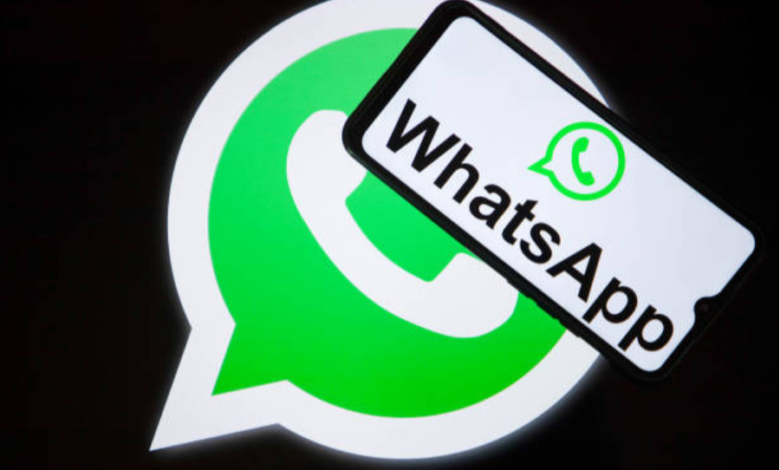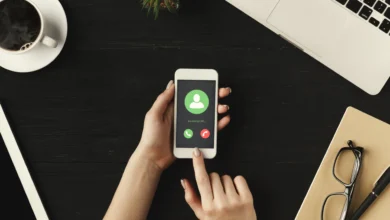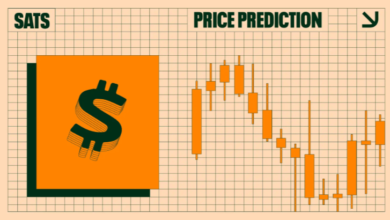Unlocking Sales Growth: Leveraging Mass WhatsApp Messages for Marketing Campaigns

Modern businesses face intense pressure to reach customers where they spend most of their digital time. Traditional marketing channels often deliver disappointing results, leaving marketing teams scrambling for alternatives that actually work. WhatsApp has emerged as a direct communication channel that bypasses crowded email inboxes and social media algorithms. Smart companies recognize this shift and adapt their marketing strategies accordingly.
The strategic deployment of mass WhatsApp messages creates unprecedented opportunities for businesses to connect with their target audience. This approach enables companies to deliver promotional content directly to customers’ most frequently used messaging platform. Marketing teams can segment their audience with precision and craft campaigns that speak to specific customer groups. The direct nature of this communication method often produces higher engagement rates compared to traditional marketing channels.
Strategic Campaign Planning and Audience Targeting
Market Segmentation Strategies: Effective WhatsApp marketing campaigns begin with thorough audience analysis and strategic planning phases. Businesses need to understand their customer demographics, purchasing behaviors, and communication preferences before launching any campaign. The segmentation process involves dividing your customer base into distinct groups based on factors like purchase history, geographic location, or engagement levels. This targeted approach ensures that your promotional messages reach the right people at the optimal time.
Template Design and Compliance: WhatsApp’s business platform requires companies to use approved message templates for promotional campaigns and marketing communications. These templates must comply with WhatsApp’s strict guidelines while maintaining your brand’s authentic voice and messaging style. The approval process can take several days, so planning your campaigns well in advance becomes essential for success. Your templates should balance promotional content with genuine value to avoid appearing overly sales-focused to recipients.
Maximizing Engagement Through Content Strategy
Rich Media Integration: Text-only messages rarely capture attention in today’s visual-driven communication landscape that customers have grown accustomed to. WhatsApp supports various media formats including images, videos, documents, and interactive elements that can enhance your marketing messages significantly. Product showcase videos tend to generate higher conversion rates than static images or plain text descriptions alone. Your content strategy should incorporate multiple media types to keep recipients engaged throughout their customer journey.
Timing and Frequency Optimization: The success of your WhatsApp marketing campaigns depends heavily on when and how often you contact your audience members. Sending messages during peak engagement hours typically yields better open rates and customer responses than random timing approaches. Most businesses find that mid-morning and early evening slots work best for their target demographics. You need to strike the right balance between staying visible and avoiding message fatigue among your subscribers.
Driving Sales Through Direct Customer Engagement
Conversion-Focused Messaging: WhatsApp’s direct messaging environment creates unique opportunities for businesses to guide customers through the entire sales funnel process. Your messages can include product links, discount codes, and clear calls-to-action that drive immediate purchasing decisions from interested prospects. The personal nature of WhatsApp communication often leads to higher trust levels compared to traditional advertising methods. Recipients are more likely to make purchases when they feel they’re receiving exclusive offers through a personal communication channel.
Real-Time Customer Support Integration: Combining marketing messages with customer support capabilities creates a comprehensive communication strategy that serves multiple business objectives simultaneously. Customers can respond to your promotional messages with questions, concerns, or requests for additional product information without switching platforms. This integrated approach reduces friction in the customer journey and often leads to higher conversion rates. Your support team can handle inquiries immediately, turning potential objections into completed sales opportunities.
See Also: A Complete Guide to 50-Seater Bus Rentals in Pune for Group Travel
Measuring Campaign Performance and ROI
Analytics and Performance Tracking: WhatsApp Business API provides detailed insights into message delivery rates, read receipts, and customer engagement patterns that help optimize your campaigns. These metrics reveal which message types generate the strongest responses and which audience segments show the highest conversion potential. Tracking these key performance indicators allows you to refine your messaging strategy over time for better results. You can identify the most effective promotional approaches and replicate them across future campaigns.
Key Performance Metrics: Successful WhatsApp marketing campaigns require monitoring several critical metrics that indicate campaign effectiveness and return on investment levels:
- Delivery rates: Percentage of messages successfully reaching recipient devices without technical issues
- Open rates: Number of customers who actually read your promotional messages within the first 24 hours
- Click-through rates: Recipients who engage with links, offers, or calls-to-action included in your messages
- Conversion rates: Percentage of message recipients who complete desired actions like making purchases or signing up
- Response rates: Customers who reply to your messages with questions, feedback, or additional engagement
Building Long-Term Customer Relationships
Brand Loyalty Development: Mass WhatsApp messaging creates opportunities for businesses to build stronger emotional connections with their customer base over extended periods. Regular communication through this personal channel helps maintain brand awareness between purchase cycles and encourages repeat business from satisfied customers. The intimate nature of WhatsApp conversations allows brands to share behind-the-scenes content, company updates, and exclusive insider information. This approach transforms transactional relationships into genuine brand partnerships that last for years.
Personalization at Scale: Modern WhatsApp marketing platforms enable businesses to personalize mass messages using customer data, purchase history, and behavioral insights gathered over time. Personalized promotional content generates significantly higher engagement rates than generic broadcast messages sent to entire customer lists. You can reference previous purchases, recommend related products, or acknowledge customer milestones to create meaningful connections. This level of personalization was previously only possible through one-on-one customer service interactions.
Conclusion
WhatsApp marketing represents a powerful opportunity for businesses to connect with customers through their preferred communication channel while driving measurable sales growth. The platform’s direct messaging capabilities, combined with rich media support and detailed analytics, create an ideal environment for targeted promotional campaigns. Companies that implement strategic WhatsApp marketing often see improved customer engagement, higher conversion rates, and stronger brand loyalty compared to traditional marketing approaches. Start developing your WhatsApp marketing strategy today to capture this competitive advantage before your competitors recognize its potential impact on sales growth.







